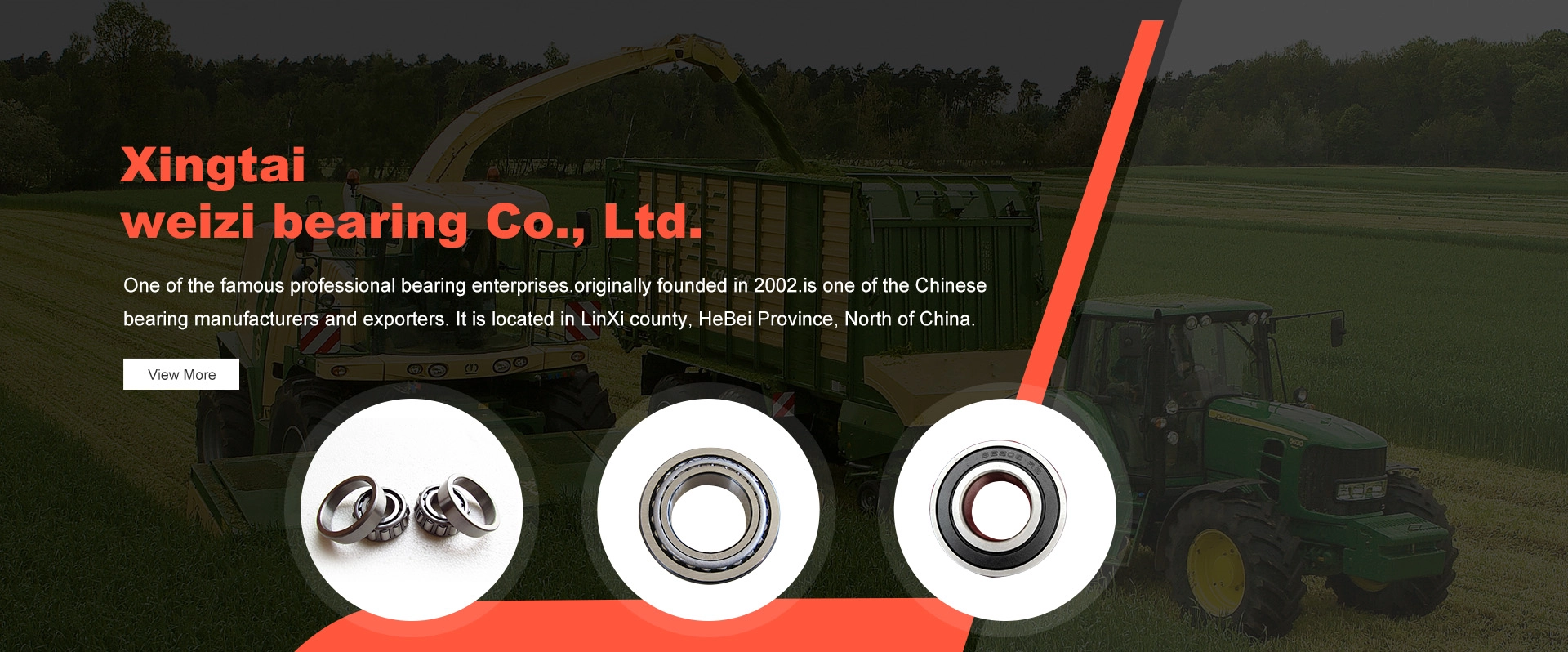
Sep . 18, 2024 23:57 Back to list
machinery bearing
Understanding Machinery Bearings Essential Components for Performance and Longevity
Machinery bearings are critical components in a wide array of mechanical systems, playing a pivotal role in ensuring the efficiency, performance, and longevity of machinery. These mechanical devices facilitate smooth motion between moving parts, reducing friction and wear while absorbing loads. Without bearings, machinery would experience increased friction, leading to higher energy consumption, accelerated wear, and ultimately, premature failure.
Understanding Machinery Bearings Essential Components for Performance and Longevity
The selection of the appropriate bearing type depends on several factors, including load capacity, speed, environmental conditions, and the type of motion involved. For example, in applications with high speeds, such as electric motors, ball bearings are often preferred due to their lower frictional resistance. Conversely, for heavy-load applications found in construction equipment or industrial machinery, roller bearings may be more suitable.
machinery bearing

Lubrication is another crucial aspect of bearing performance. It serves to reduce friction and wear while protecting against corrosion. The choice of lubricant—whether grease or oil—depends on the specific application and operating conditions. Grease is often used in applications where sealing is necessary, as it provides a longer-lasting barrier against contaminants. Oil, on the other hand, is preferred in high-speed applications due to its ability to dissipate heat more effectively.
Regular maintenance and monitoring of bearings are essential to ensure their reliability and extend their service life. This includes periodic inspections to check for signs of wear, lubrication replenishment, and, when necessary, replacement. Advances in technology have also led to the development of smart bearings equipped with sensors that monitor their performance in real time. These innovations help predict failures before they occur, reducing downtime and maintenance costs.
In conclusion, machinery bearings are indispensable in the realm of mechanical engineering, ensuring the seamless operation of various machines across industries. From reducing friction and supporting loads to providing stability and enhancing the overall efficiency of mechanical systems, their importance cannot be overstated. As technology continues to advance, the evolution of bearings will undoubtedly lead to even more efficient and reliable solutions, further enhancing the capabilities of modern machinery. Understanding their functions, types, and maintenance needs is essential for anyone involved in the design, operation, or maintenance of machinery, ensuring longevity and optimal performance in every application.
Latest news
-
Grooved Ball Bearing Design and Functionality
NewsJun.04,2025
-
Concrete Mixer Bearing Load Capacity Testing
NewsJun.04,2025
-
6004 Bearing Dimensions in Robotic Joint Designs
NewsJun.04,2025
-
Advantages of Single-Row Deep Groove Ball Bearings
NewsJun.04,2025
-
Applications of Deep Groove Ball Bearings in Automotive Systems
NewsJun.04,2025
-
Innovations in Bearing Pressing Machine Design
NewsJun.04,2025
